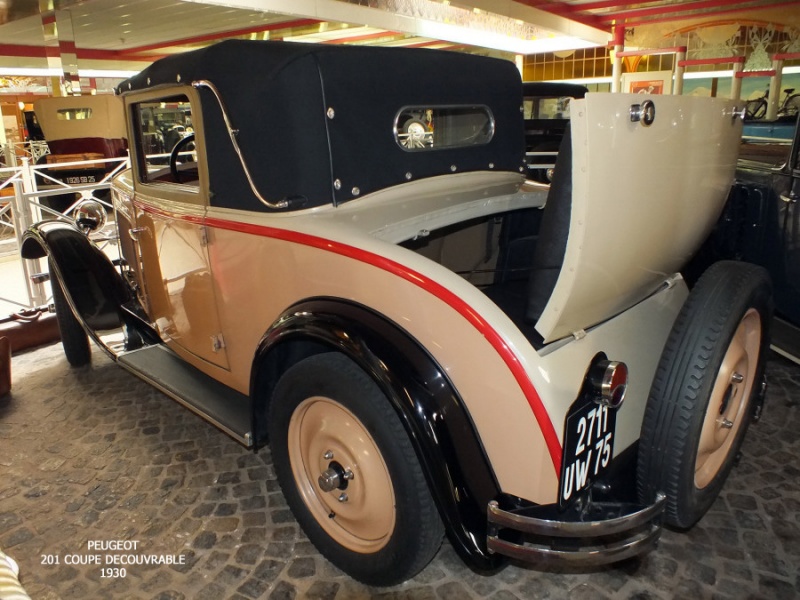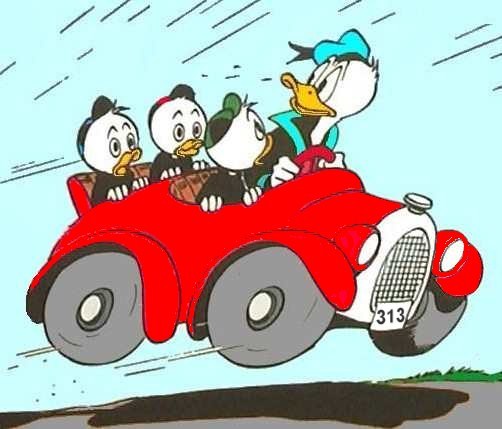riding shotgun = στη θέση του συνοδηγού
Λίγα για την ιστορία του ιδιωματισμού από το σημερινό ηλεδελτίο του Michael Quinion:
ride shotgun
Question: My kids compete to see who can occupy the front passenger seat, which they call riding shotgun. People have told me it refers to old-time stagecoaches. Is this right?
Answer: You’ll probably get the same response from almost anybody you ask. The image is of a mail coach being driven furiously across the prairie, bandits or Indians in pursuit, with a rifle or shotgun wielding guard beside the driver turning to fire at them. That almost certainly derives from the John Ford film Stagecoach of 1939, starring John Wayne as the Ringo Kid, in which the phrase appears. The film script, taken from a short story by Ernest Haycox, was syndicated to newspapers as a serial when the film came out and includes this:
Upon being informed by Buck that he had seen the Plummers in Lordsburg, Curly made a quick Decision. “Come on, Buck — I’m goin’ to Lordsburg with you — I’ll ride shotgun on top o’ the coach.”
Hayward Daily Review, 31 Mar 1939, 3/2.
Until recently, researchers hadn’t found riding shotgun before the film and cautiously suggested its writers had invented it. However, the Oxford English Dictionary has now tracked down several earlier instances, the earliest from 1913. This one I unearthed from later in the decade gives the flavour:
The Dictionary of American Regional English found it to be common by 1967 in the western states of the US. Natalie Maynor commented some years ago on the American Dialect Society mailing list that its adoption was earlier still: “The expression definitely predated the Vietnam war. When gaggles of teenagers in Jackson, Mississippi, in the mid-to-late 1950s started heading toward a car, there was always a contest for who could holler out ‘I want shotgun!’ first.”
Η λεξικογραφική εγγραφή από το Wiktionary:
ride shotgun (third-person singular simple present rides shotgun, present participle riding shotgun, simple past rode shotgun, past participle ridden shotgun)
- (idiomatic, slang) To ride in the front passenger seat of a vehicle, next to the driver: When both kids want to ride shotgun with Mom, they'll just have to take turns.
- (idiomatic, slang, figuratively) To accompany someone in order to assist and protect: He attended the meeting to ride shotgun for the sales team, in case anyone had a technical question.
http://en.wiktionary.org/wiki/ride_shotgun
Εκτός λοιπόν από το «ταξιδεύω / καθίζω στη θέση του συνοδηγού» έχουμε και τη μεταφορική σημασία της υποστήριξης. Κάποια ιδιωματική απόδοση για αυτήν;
Λίγα για την ιστορία του ιδιωματισμού από το σημερινό ηλεδελτίο του Michael Quinion:
ride shotgun
Question: My kids compete to see who can occupy the front passenger seat, which they call riding shotgun. People have told me it refers to old-time stagecoaches. Is this right?
Answer: You’ll probably get the same response from almost anybody you ask. The image is of a mail coach being driven furiously across the prairie, bandits or Indians in pursuit, with a rifle or shotgun wielding guard beside the driver turning to fire at them. That almost certainly derives from the John Ford film Stagecoach of 1939, starring John Wayne as the Ringo Kid, in which the phrase appears. The film script, taken from a short story by Ernest Haycox, was syndicated to newspapers as a serial when the film came out and includes this:
Upon being informed by Buck that he had seen the Plummers in Lordsburg, Curly made a quick Decision. “Come on, Buck — I’m goin’ to Lordsburg with you — I’ll ride shotgun on top o’ the coach.”
Hayward Daily Review, 31 Mar 1939, 3/2.
Until recently, researchers hadn’t found riding shotgun before the film and cautiously suggested its writers had invented it. However, the Oxford English Dictionary has now tracked down several earlier instances, the earliest from 1913. This one I unearthed from later in the decade gives the flavour:
Driven by Alex Toponce and A. T. Ross, an old fashioned stage coach made in 1863 and used on the Deadwood stage line in the early days of Wyoming, will appear In Ogden streets on the day of the Golden Spike celebration. Alex Toponce was in early days the owner of a stage line. He will probably drive the old fashioned vehicle, while A. Y. Ross, famous in railroad circles as a fearless express messenger and who has on several occasions battled with bandits on the plains, will probably ride “shotgun” as he did in the past.
The Ogden Examiner, 9 May 1919. Armed guards commonly rode on trains to protect valuable cargo.
Even after Stagecoach came out, the term wasn’t common in printed sources, though it was surely known to people. It begins to appear again after the Second World War in reference to armed support by passengers sitting beside the drivers of military supply convoys, in the Korean and Vietnam wars especially. It probably transferred back into the civilian world from army slang and was picked up by young people.The Ogden Examiner, 9 May 1919. Armed guards commonly rode on trains to protect valuable cargo.
The Dictionary of American Regional English found it to be common by 1967 in the western states of the US. Natalie Maynor commented some years ago on the American Dialect Society mailing list that its adoption was earlier still: “The expression definitely predated the Vietnam war. When gaggles of teenagers in Jackson, Mississippi, in the mid-to-late 1950s started heading toward a car, there was always a contest for who could holler out ‘I want shotgun!’ first.”
Η λεξικογραφική εγγραφή από το Wiktionary:
ride shotgun (third-person singular simple present rides shotgun, present participle riding shotgun, simple past rode shotgun, past participle ridden shotgun)
- (idiomatic, slang) To ride in the front passenger seat of a vehicle, next to the driver: When both kids want to ride shotgun with Mom, they'll just have to take turns.
- (idiomatic, slang, figuratively) To accompany someone in order to assist and protect: He attended the meeting to ride shotgun for the sales team, in case anyone had a technical question.
http://en.wiktionary.org/wiki/ride_shotgun
Εκτός λοιπόν από το «ταξιδεύω / καθίζω στη θέση του συνοδηγού» έχουμε και τη μεταφορική σημασία της υποστήριξης. Κάποια ιδιωματική απόδοση για αυτήν;





